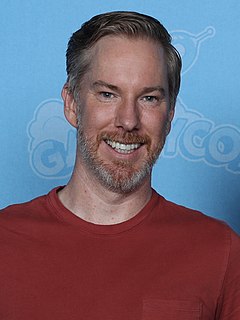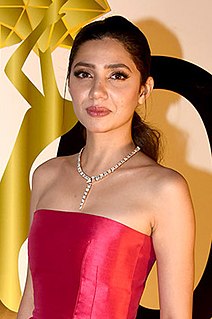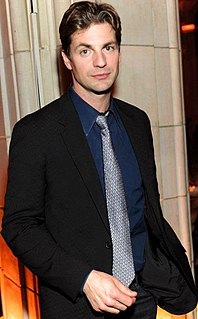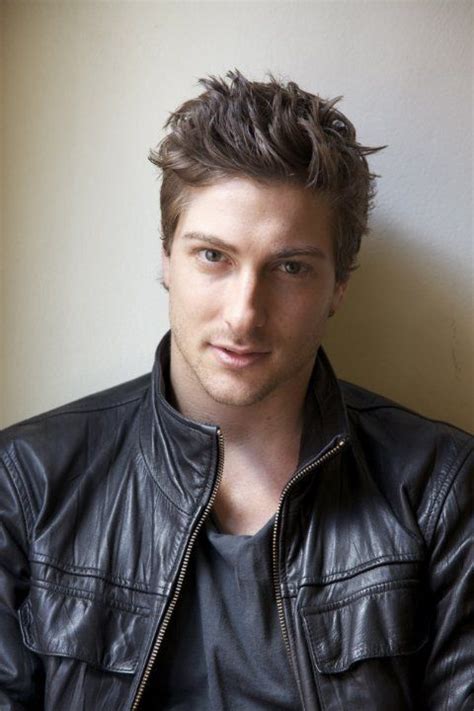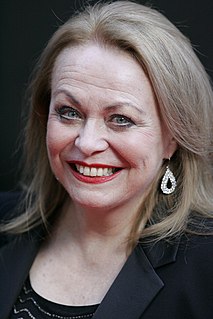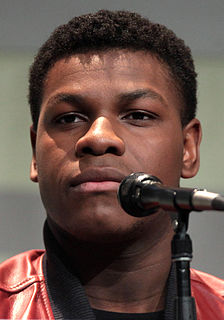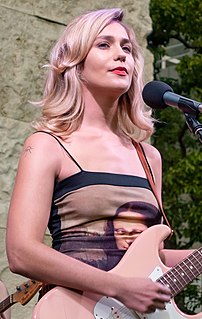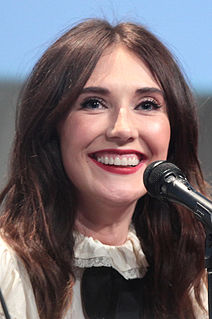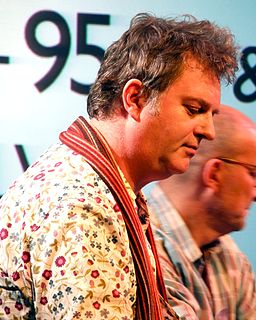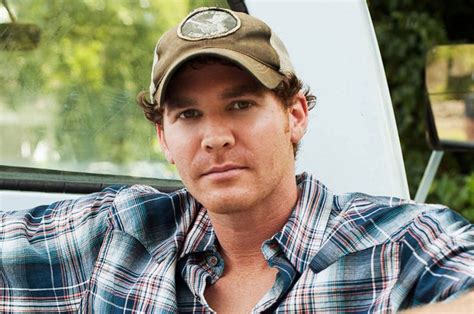A Quote by Chris Owen
'Angus' was my first real film, but I had been acting for about 3 threes before that as well.
Related Quotes
I'm actually a huge fan of digital as well. I appreciate how that technology opens the doors for filmmakers who never had access to that level of quality before. However, I do think film itself sets the standard for quality. You can talk about range, light, sensitive, resolution -- there's something about film that is undeniably beautiful, undeniably organic and natural and real.
Lee Strasberg told me I had talent. Real talent. It was the first time that anyone, except my father--who had to say so--told me I was good. At anything. It was a turning point in my life. I went to bed thinking about acting. I woke up thinking about acting. It was like the roof had come off my life!
You don't have that interaction with the audience when you're acting for film; you're kind of acting in a vacuum. You're acting for a disinterested grip who just wants to reply to his wife about what time he'll be home for dinner. Everyone else on a film set is also there because they're paid to be there. They're not there because they're passionate about what you do necessarily.
There's something magical about film, it's the ultimate for me, because it's kind of permanent - inasmuch as anything is. When I went to see Buster Keaton when I was about 14 and I came out of the cinema having really laughed at this film which had been made 50 years before, I thought: That's immortality. It's fantastic.
Albom with Trent Willmon is the first project that I haven't had to scrap money together for. The is the first time I've used any outside songs at all; until now it's only been stuff that I've written. This is also the first album of mine that's had any co-writes on it, as well. It's a big step, coming off of anything we've ever done before.
In the case of my second film The Fish Child (El Niño Pez), I had written the novel about 5 years before I made into a film. In the case of The German Doctor I had published the novel a year before I started writing the script, I even had another project to shoot. But I had this idea of the powerful cinematic language from the novel that I couldn't let go of.
